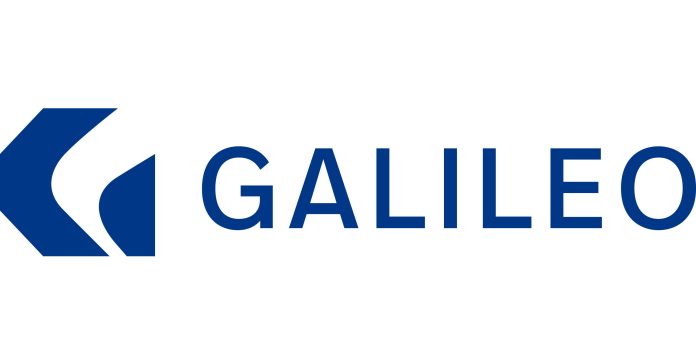Galileo, a fintech company, has announced the Galileo Direct Deposit Switch.
Powered by Atomic, the technology allows Galileo clients to provide speedier access to salaries and a simpler method to direct some or all of their paychecks into the financial services account of their choosing.
“Recent Galileo research reveals that individuals are holding more money in more accounts, and they demand fast, flexible methods to move and manage their money,” said Galileo Chief Product Officer David Feuer in a news release Tuesday (Dec. 13).
“Galileo Direct Deposit Switch will be the ideal approach to deliver value for our clients’ ledgers as we continue to push digital banking.”
According to the corporation, the tool allows clients to set up and change their payroll direct deposit information, as well as designate how much of their salary they want to transfer. It also allows customers to set up periodic deposits to numerous accounts and set up accounts for specific objectives like vacation or schooling funding.
“The new financial function also avoids processing delays, provides consumers with peace of mind by promptly confirming requests, and allows workers better choice over where their monies are sent,” according to the announcement.
Direct Deposit Switch was launched just one week after Galileo unveiled a buy now, pay later (BNPL) option for banks and FinTechs.
“What’s occurring today is that with APIs and the Internet and the pervasiveness of connection, we’re starting to see the next generation of finance emerge at ‘Internet’ speed,” Feuer said.
We also just cooperated with Galileo on the newest version of our Embedded Finance Tracker. According to our findings, small and medium-sized companies (SMBs) experience substantial challenges when it comes to payment friction.
Payment issues may take various forms, with 45% of SMBs noting manual reviews as the most difficult challenge, 43% complaining about excessive payment expenses, 41% coping with time-consuming payment processes, and 35% missing financing choices. The SMBs we surveyed identified no less than four separate payment issues on average.











